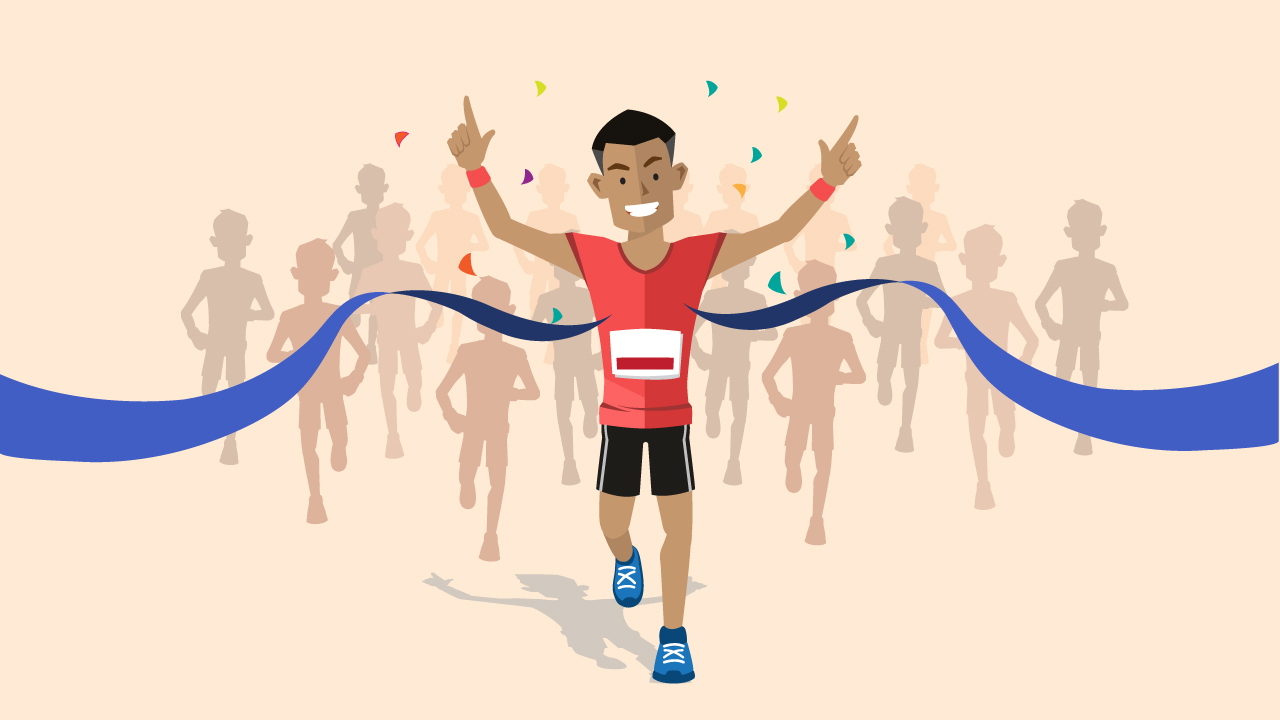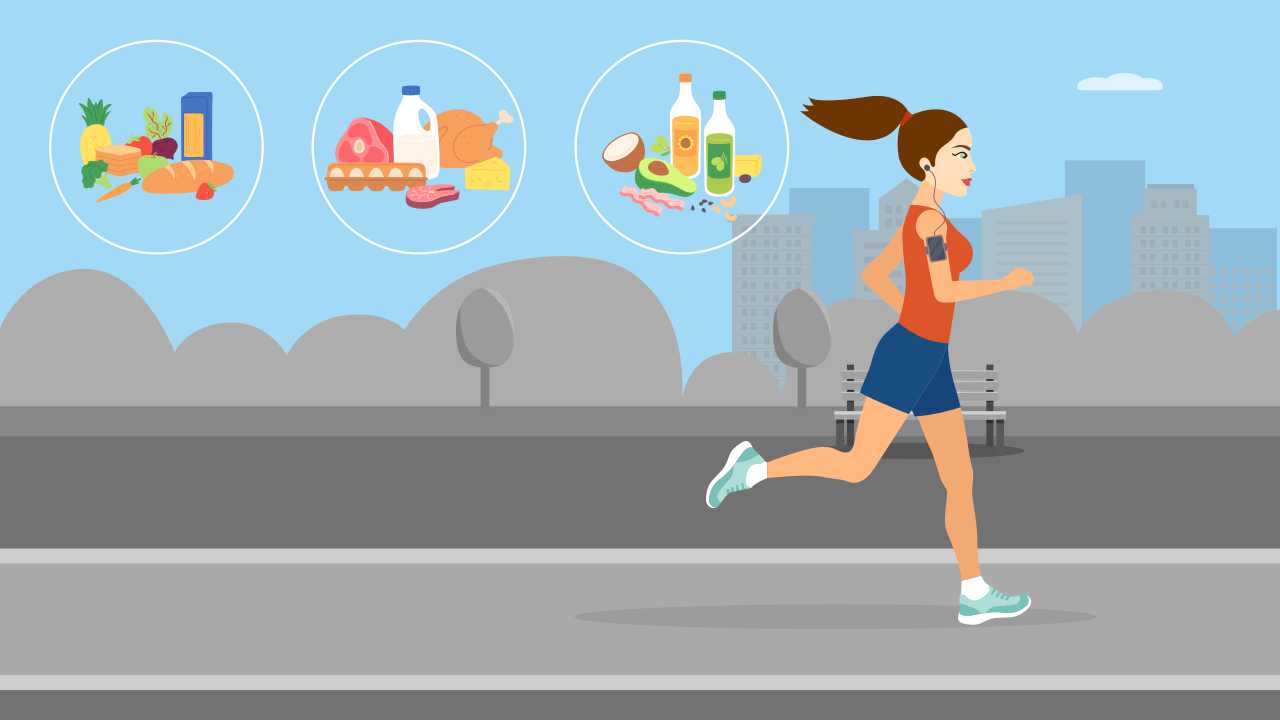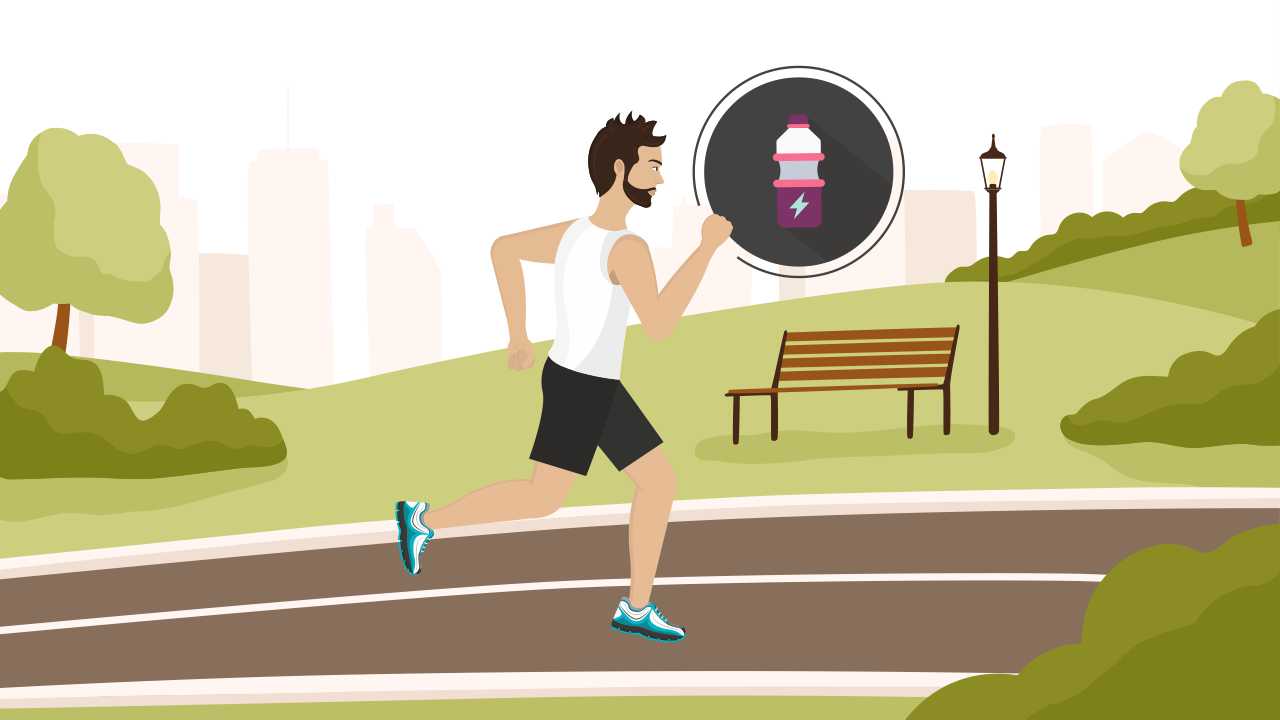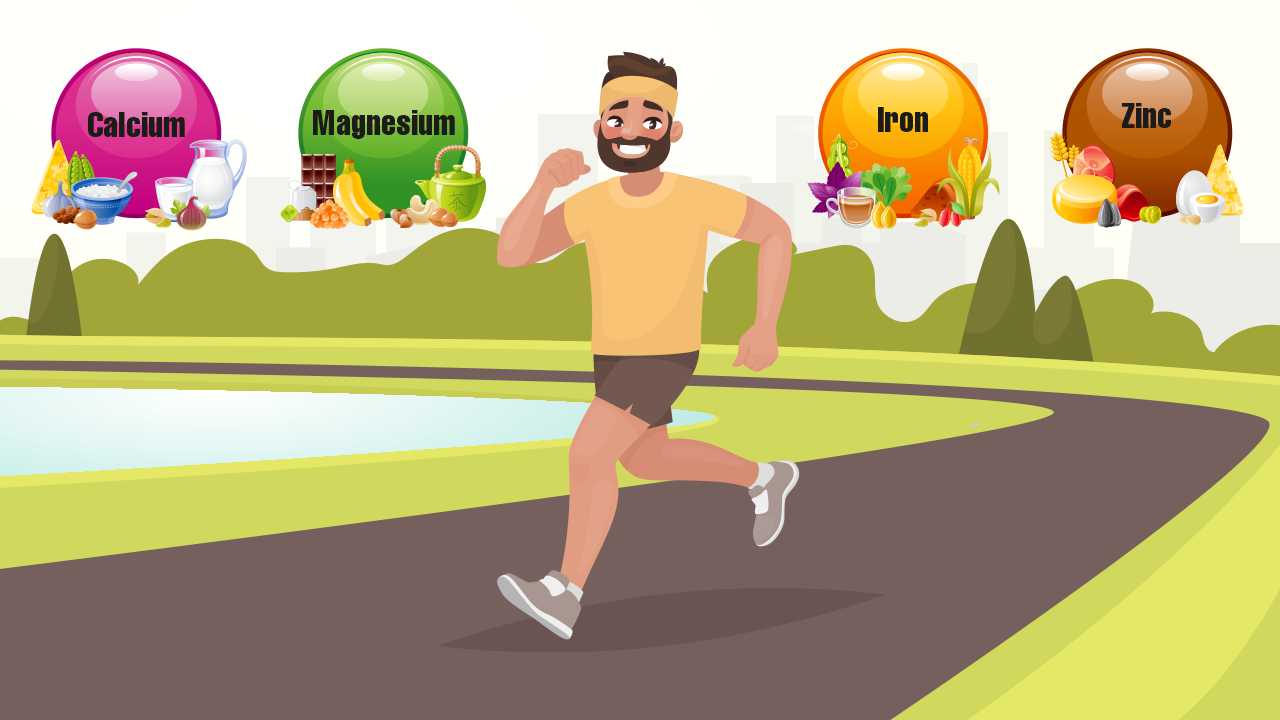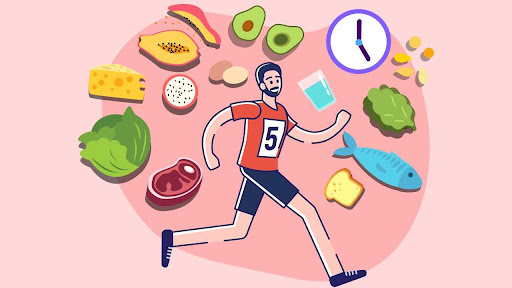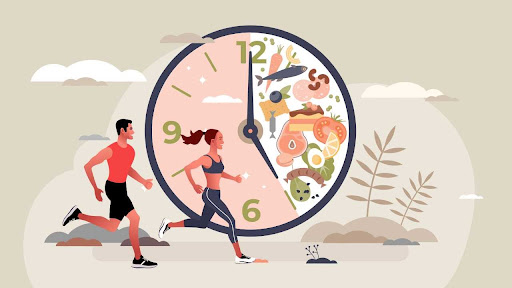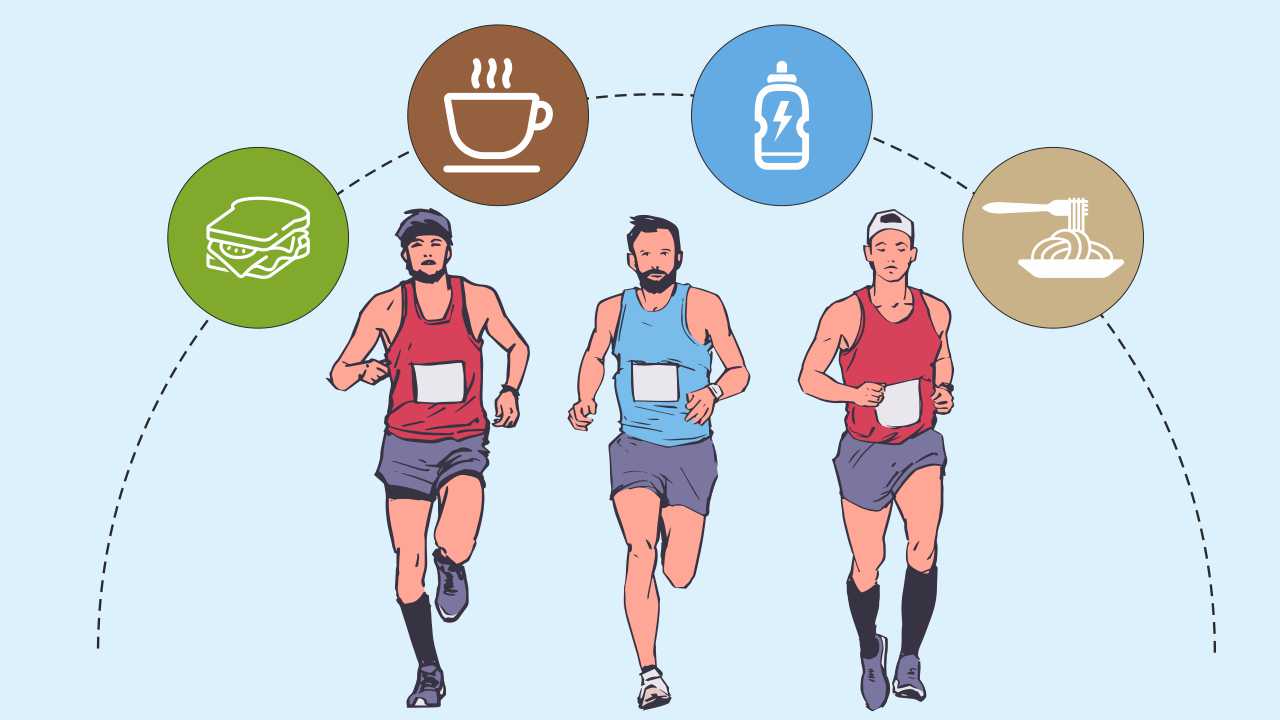
Sports Drinks: Hydrating During Exercise
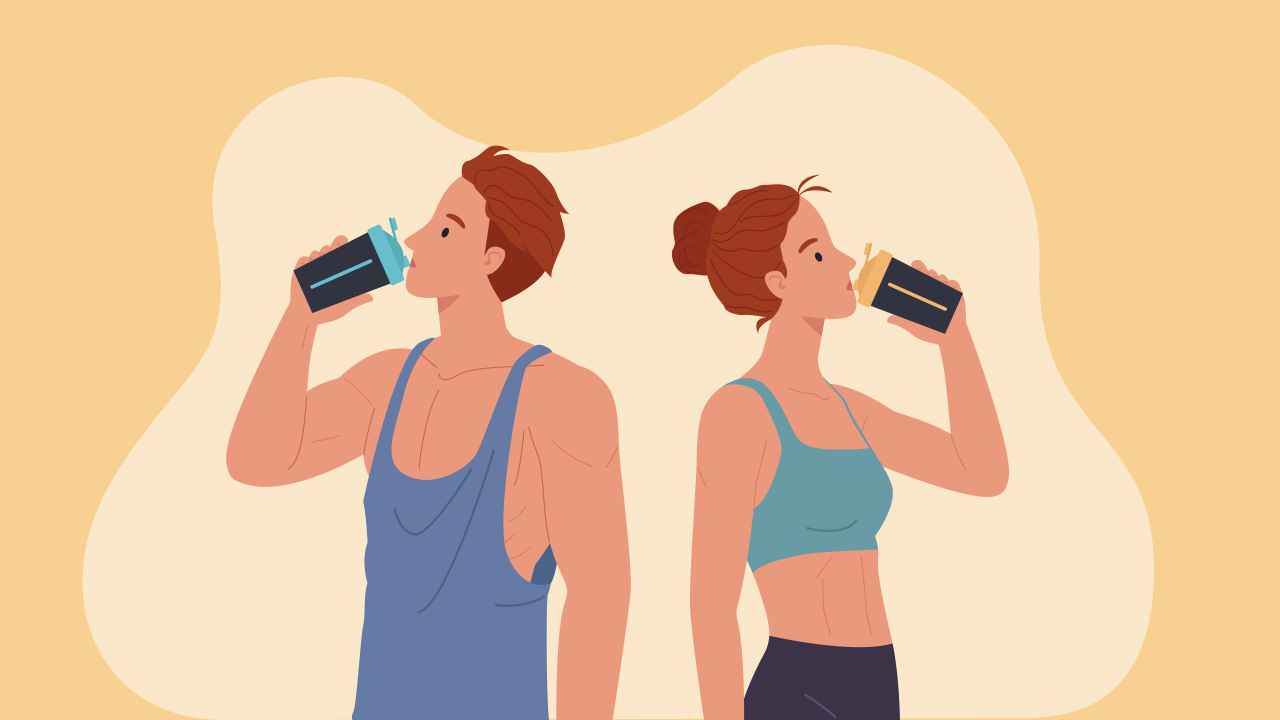
Personal trainers and sports coaches are called to address a question all the time by athletes and fitness enthusiasts: “When should I consume water and when should I drink sports drinks?” If you are an athlete or avid exerciser, the importance of sports drinks for reaching your training or performance goals cannot be overstated. But it’s equally important to find out if you actually need the sports drink or you are simply adding more calories to your diet with little to no benefit.
For instance, if you jog at a moderate intensity for 30 minutes on the treadmill at the gym for four or five days a week, it is advisable to stick to water. Otherwise, you will counteract the calorie-burning benefits of your workout by drinking calories that you do not require.
So what makes up these drinks and what are the benefits of sports drinks? Let’s find out.
What are sports drinks?
There are many different types of sports drinks, but they typically contain carbohydrates that provide immediate energy, along with electrolytes like calcium, magnesium, sodium, and potassium.
Replenishing electrolytes are important to maintain proper fluid levels in the body. They also help to replace electrolytes lost via sweat
Ideally, a sports drink will contain approximately 6g to 8g of carbohydrate per 100mL (3.5oz) of fluid ie, a 6% to 8% carbohydrate concentration, 18mg to 46mg of potassium, and 110mg to 165mg of sodium per 240mL (8-ounce) serving. Additionally, it is suggested to stay away from carbonated beverages and drinks with a carbohydrate concentration of above 8%, which can upset your stomach during exercise.
One of the major disadvantages of sports drinks is how much sugar they contain. While most brands offer varieties with 0g of added sugars, which indicates that they do not contain carbohydrates, some may have as many as 34g in a 591mL (20-ounce) bottle, which comes to 8 teaspoons of added sugar! So, it is vital that you read the label and know what you are consuming during your workouts or competitions.
Sports drinks vs water
The three main components of a sports drink include water, carbohydrates, and electrolytes. Each of these contributes to exercise performance in different ways. Consuming carbohydrates before or during exercise can help stave off fatigue and prevent your body from running out of its carbohydrate stores during training or competition. Both water and electrolytes are lost in sweat, and it is necessary to replace them, especially during long-duration exercise.
Also read: What Role Do Electrolytes Play During And After a Long Run
When to consume sports drinks
It is recommended to drink such sports beverages while performing long-duration exercises. Usually, physical activities lasting less than one hour do not require the consumption of sports drinks. It is because drinking water and following your regular diet are enough to fuel that amount of exercise and aid in post-workout recovery. The exception to that rule may occur if you are performing very high-intensity exercise or working out in conditions that cause heavy sweating. In such scenarios, a sports drink may prove beneficial.
So, the first things to consider are the type, intensity, and duration of the exercise you are performing. While sports drinks can benefit athletes who complete long, intense training sessions and competitions, water is a better option for most gym-goers
This holds true whether you are performing cardiorespiratory or resistance training. Most people who are working out to improve their overall health and fitness likely have weight-loss or body composition–related goals. If not needed by the body, sports drinks that contain carbohydrates may provide unnecessary calories; so, you may unwittingly be sabotaging your efforts. Some people find that having flavor in their beverages helps them to drink more and stay hydrated. If that is the case, opt for low-calorie or zero-calorie sports drinks that contain electrolytes but no carbohydrates.
How to find out your fluid loss or sweat rate?
Follow these steps to accurately determine your unique fluid loss or sweat rate:
- Void your bladder immediately before the training session and measure your nude body weight.
- Perform a training session, which has almost the same level of length, intensity, and duration, and under similar conditions to those in which you will be competing.
- Record the amount of fluid consumed during the session.
- Void your bladder, dry your skin and hair, and measure your nude weight just after the training session ends.
Calculate fluid losses using your pre- and post-training weights and the amount of fluid consumed. For example, if you weighed 68kg before training and 66.6kg after training that equates to a 1.4kg weight loss or a 1.4L loss of fluid. If you consumed 500ml of fluid during the session, this means your total sweat loss was 1.9L. So, plan to consume 1.9L of fluids during future training or competitive runs in similar conditions.
Hydration protocols to follow
Here are some general hydration guidelines, regardless of which beverage you choose.
1. Most people who stay adequately hydrated do not have to worry about getting pre-hydrated before exercise. However, if you are inadequately hydrated or if fewer than eight to 12 hours have passed since your last intense workout, drink 5mL to 7mL per kg of body weight at least four hours before exercising.
2. The goal of fluid intake during exercise should be to consume as much fluid as you are losing via sweat. Doing this will prevent a drop in performance or any adverse health outcomes. Figuring this out can take some trial and error, but a good strategy is to weigh yourself immediately before and after a training session and then adjust the fluid intake accordingly, with a goal of not losing more than 2% of your body weight during the workout.
3. Remember that your hydration strategy should change any time the rate of sweating changes, such as in hot and humid environments. There is a common misconception that people do not need to consume as much fluid when training or competing in humid environments, but that is not the case. As a general rule, higher humidity and temperature result in greater sweat rate, and the need for fluid intake increases.
4. Following exercise, the objective is to correct any fluid imbalances in the body that occurred during the workout. This may include consuming water, carbohydrate, and electrolytes to replenish what was lost via sweat. However, if there are 12 hours or more until your next workout, your usual meals, snacks, and water consumption should be adequate. If you need to recover more quickly, drink 1.5L of water per kg of body weight lost during the training session.
Now that you know about the plus points of sports drinks and when is the best time to consume them, drink wisely and ensure that you are not ingesting unwanted calories.
References
1. American College of Sports Medicine. ACSM’s Guidelines for Exercise Testing and Prescription, 11th ed. Philadelphia: Wolters Kluwer, 2022.
2. American Council on Exercise. The Exercise Professional’s Guide to Personal Training. San Diego: American Council on Exercise, 2020.
3. Jeukendrup AE. Nutrition for endurance sports: Marathon, triathlon, and road cycling. J Sports Sci 2011; 29: S91–9.
4. Maughan RJ. The sports drink as a functional food: Formulations for successful performance. Proc Nutr Soc 1998; 57: 15–23.
5. Muth, ND. Sports Nutrition for Health Professionals. Philadelphia: FA Davis, 2015.

